Church and State in Europe
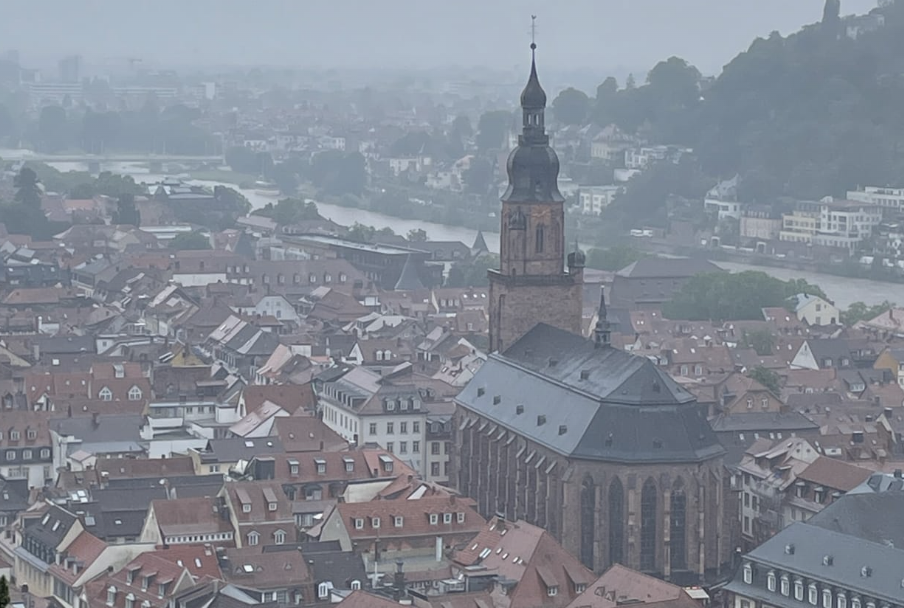
When our family was in Europe in May 2024, we went to the Church of the Holy Spirit in Heidelberg. It's the home of the Heidelberg Catechism, a foundational document for Reformed theology and practice.

As a west Michigan person surrounded by Reformed culture it was amazing to stand in the place where that work originated. This church has changed denominations ten times in its history. Places remain even as the practice of faith changes.
In Europe, religion and society are interwoven differently. I saw that on Corpus Christi Day in Vienna. It is a public holiday - people take off work, trains run less often, businesses are closed. The Roman Catholic Church creates a processional with the communion host - you can see the monstrance (the vehicle in which the communion bread is displayed) being held up under the canopy in the procession (sorry for the shadows).

Roman Catholic priests and state officials march together as part of this celebration. As an American and a Christian, it was novel and a little disturbing to see church and state so totally interwoven. My practice of faith involves being a resident alien.
The last photo in this set is of the dining room table in a Vienna palace which was the home of the Holy Roman Emperor until the 1800's. I need to read more history; I did not know that the Holy Roman Empire lasted so much longer than the ordinary Roman Empire.

The last Holy Roman Emperor was Francis II; he abdicated the office in 1806. In the context of European history, that was about a minute and a half ago.
I thought about this all over again when I met up with a cousin in Munich. He blithely told me about how he registered as an atheist - both because he is an atheist and also so he did not have to pay his church tax. In Germany, the government collects taxes from citizens to support churches. It blew my mind.
Church and state, state and church... I was raised to think that these were entirely separate, thanks to the founders of the United States of America. Going to Europe helped me to see that the right relationship between religion and government is a perennial issue.
Religious organizations make truth claims - it's literally our job. Governments hold authority - it's literally their job. But nothing has more authority than something that people believe to be eternally true. There's lots more to ponder here. And unfortunately, once again these questions are all too relevant in our time.
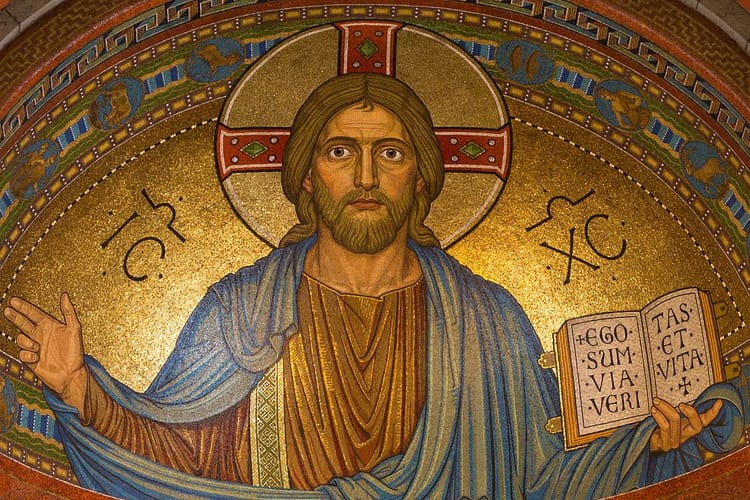
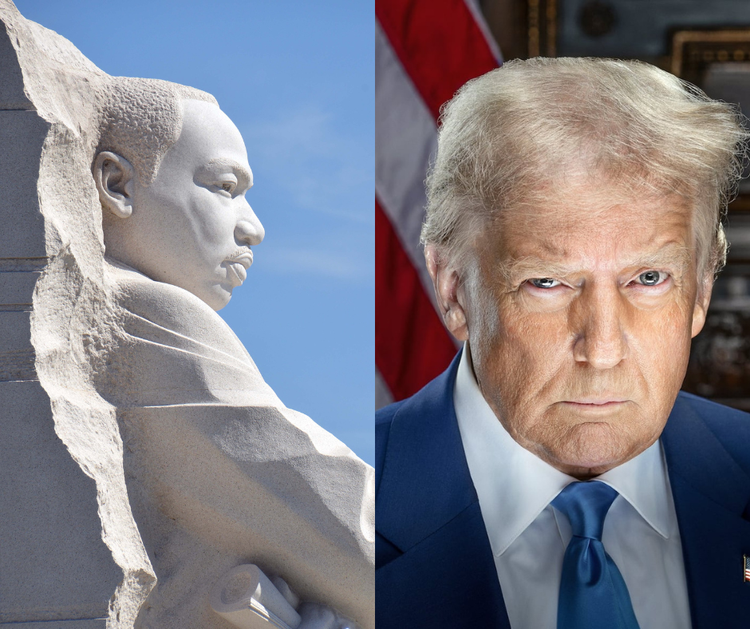
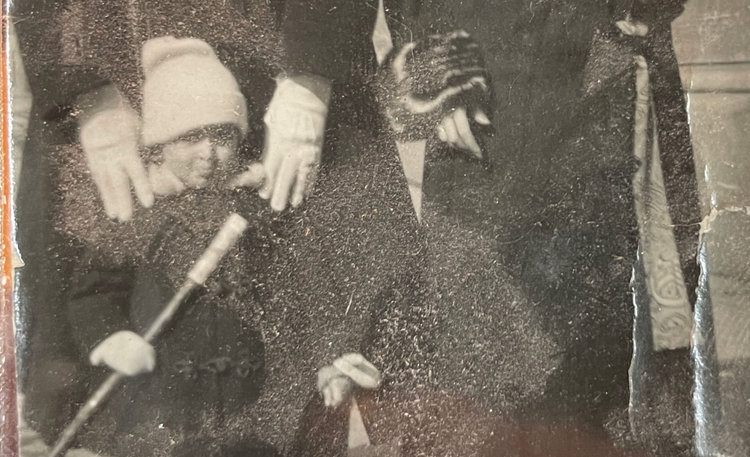
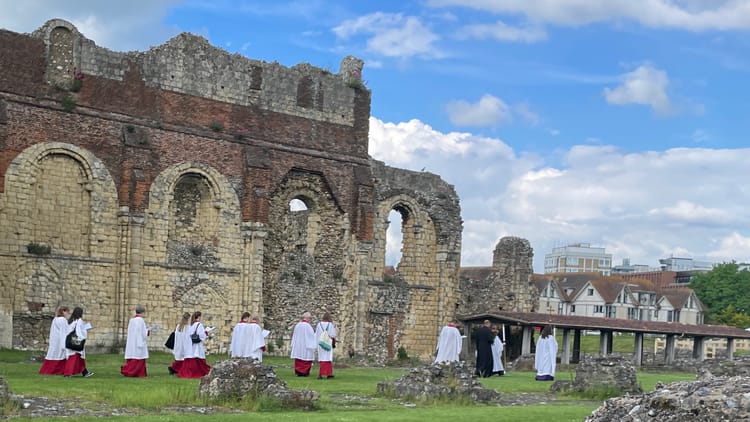
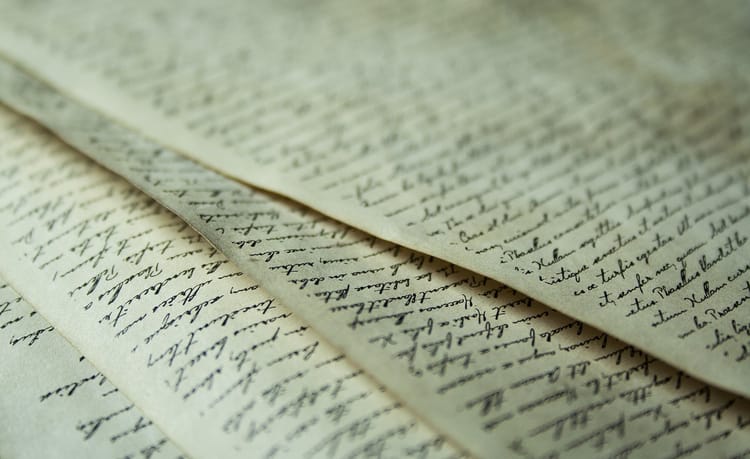
Member discussion